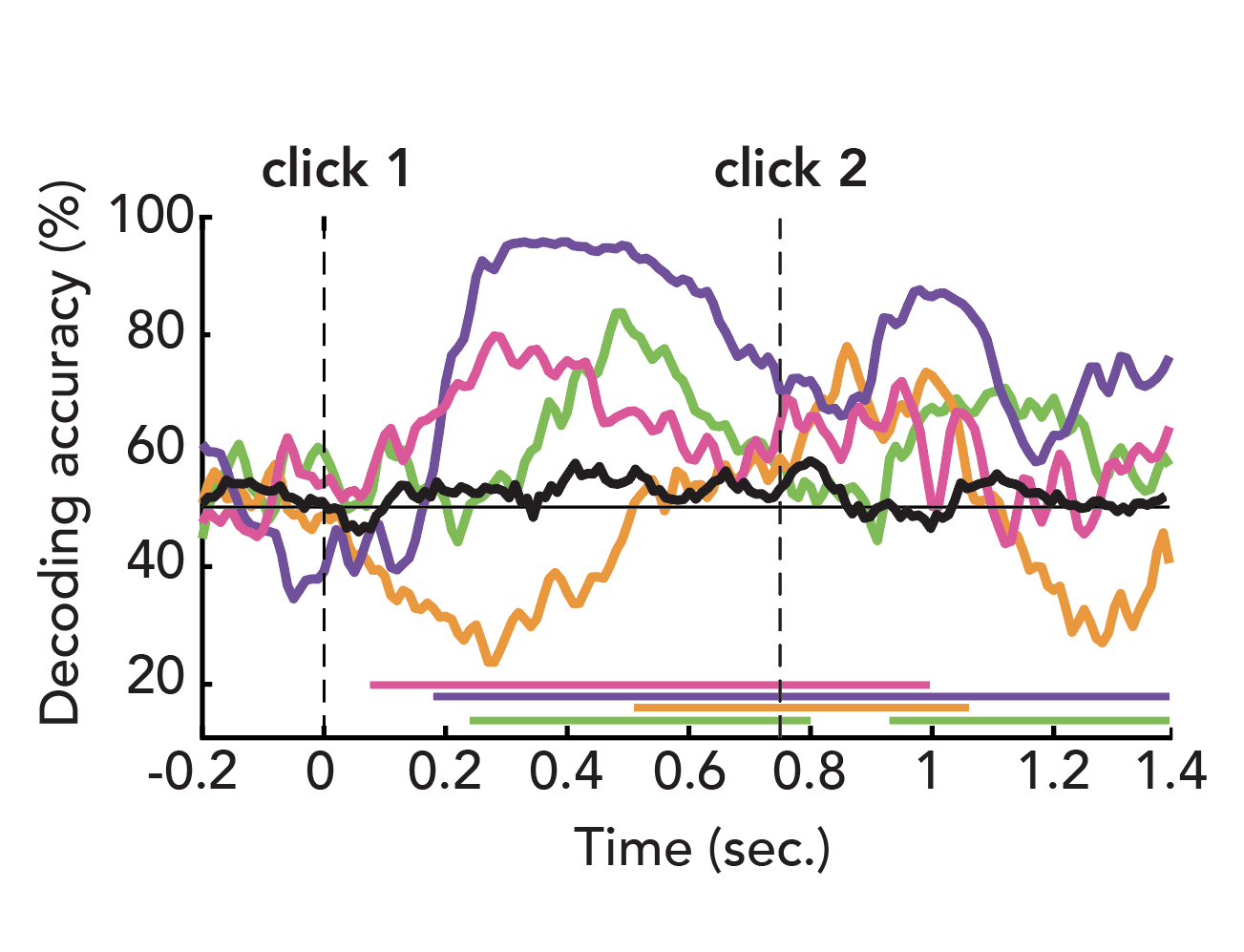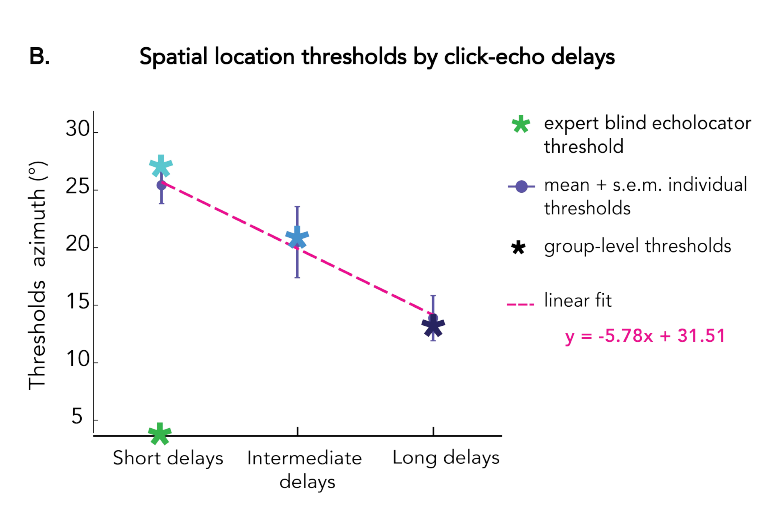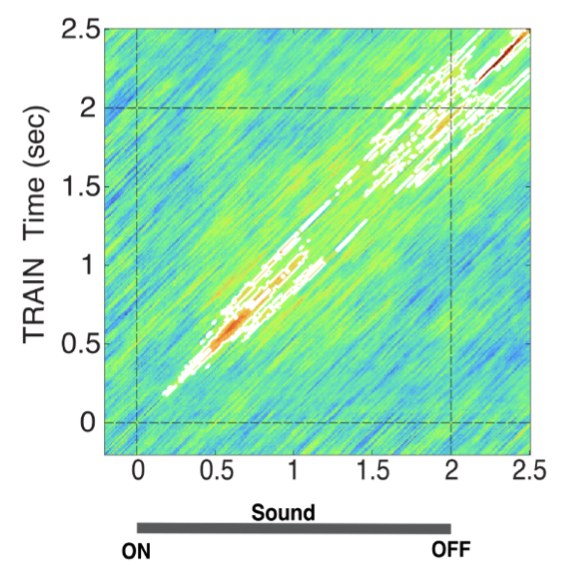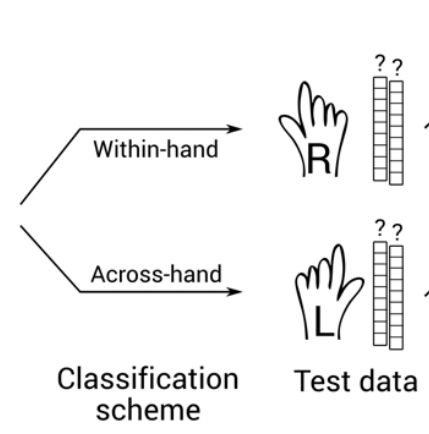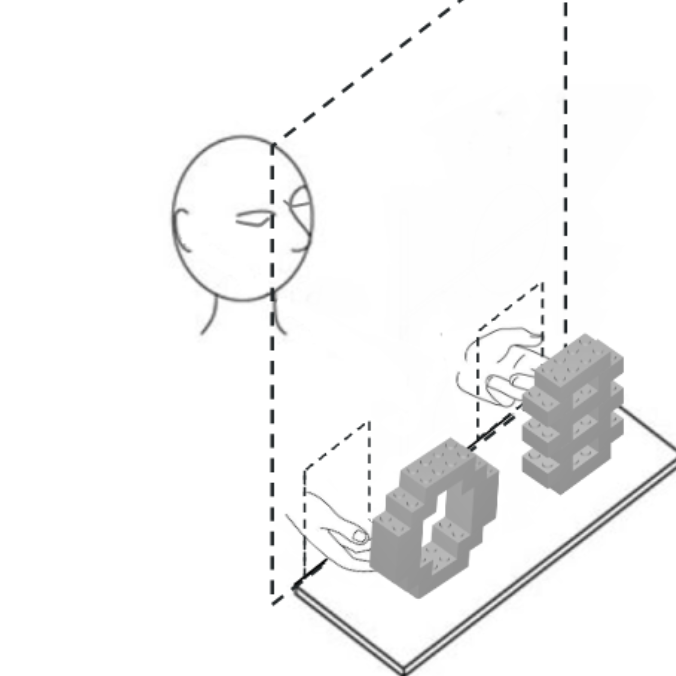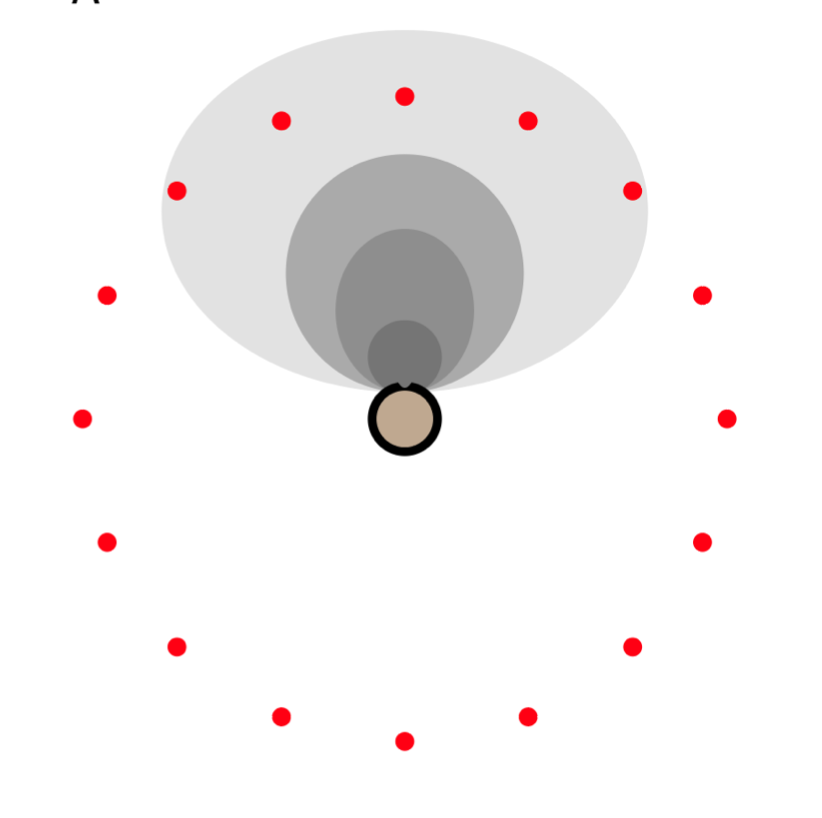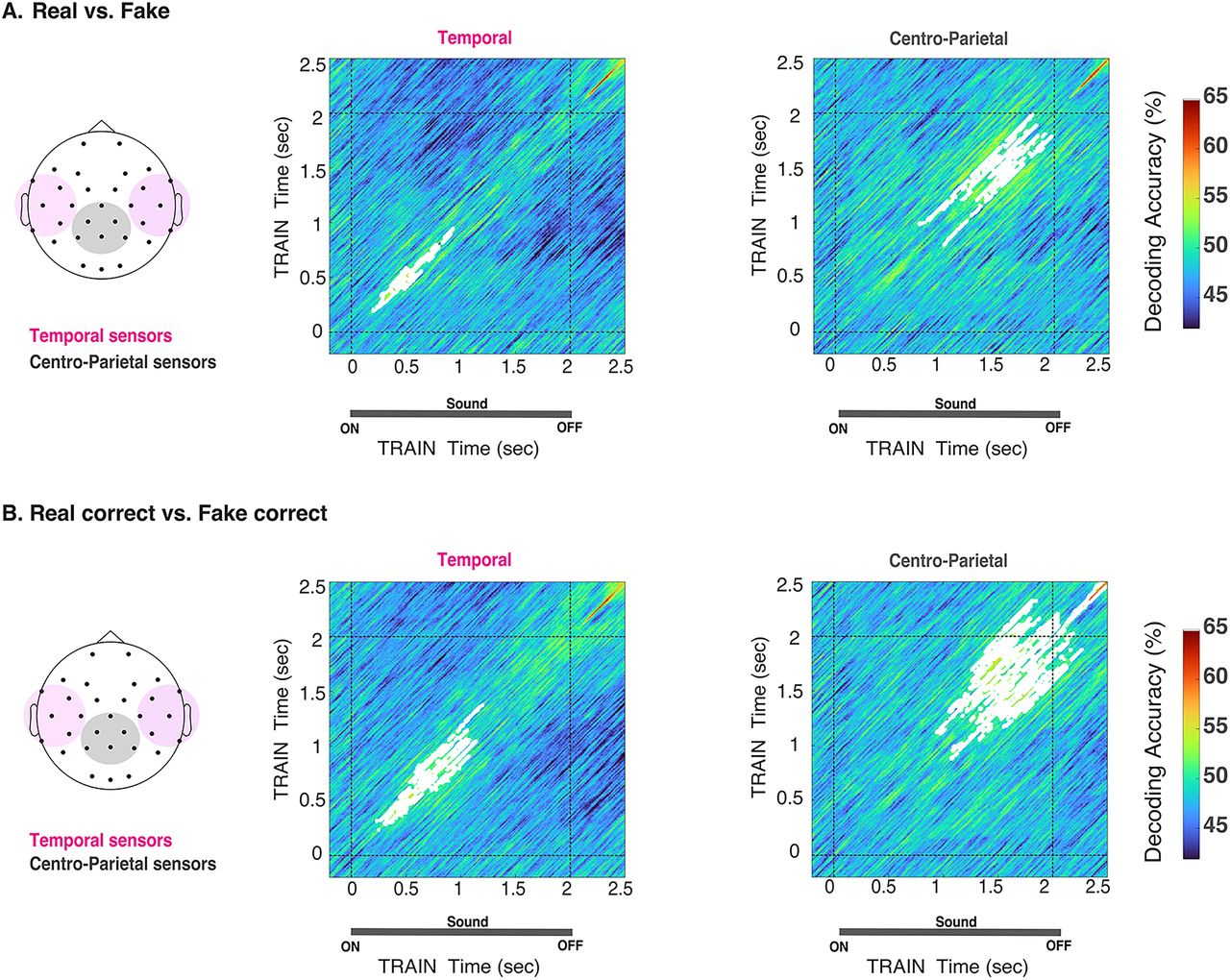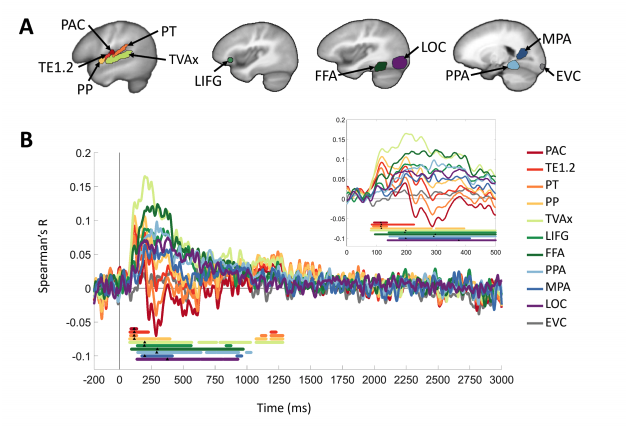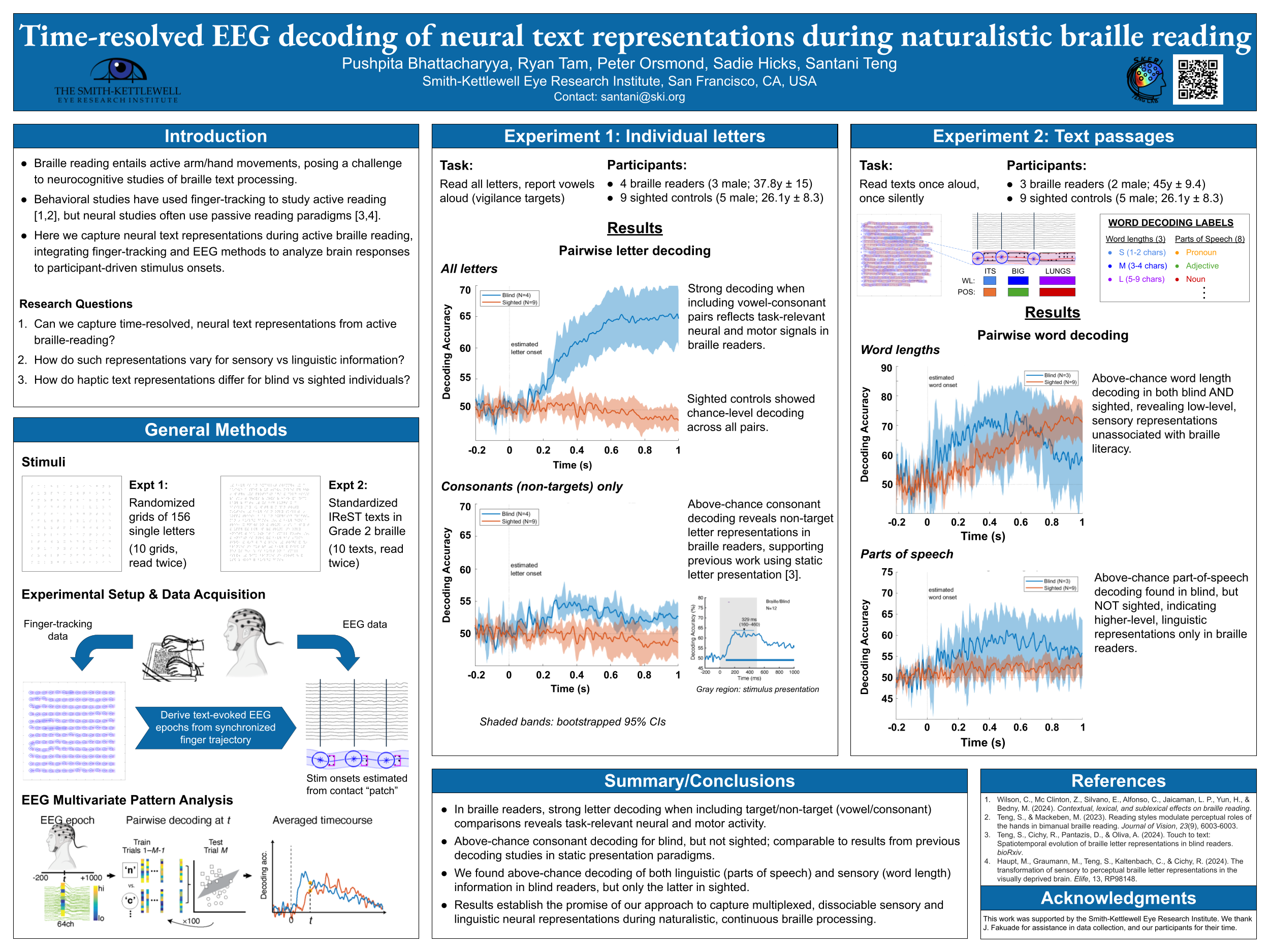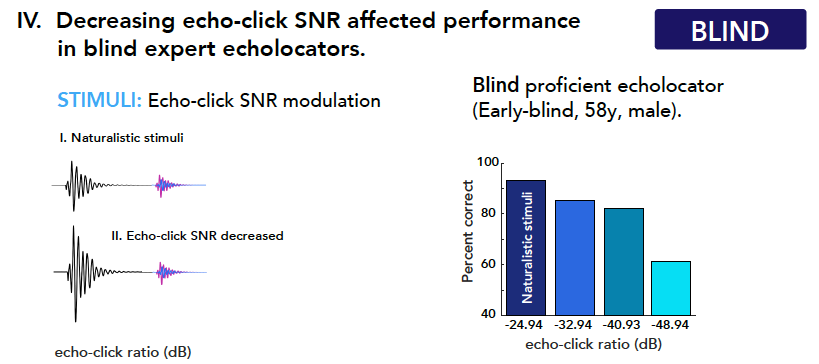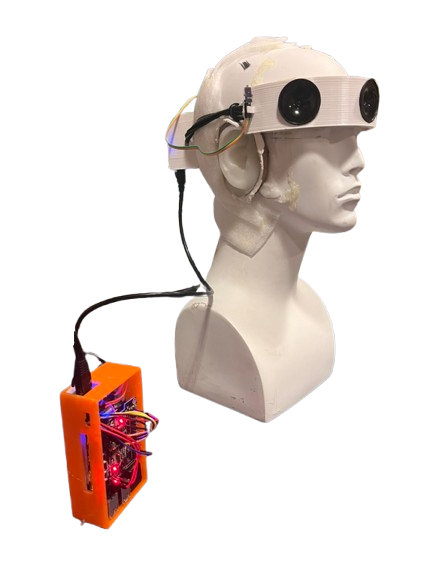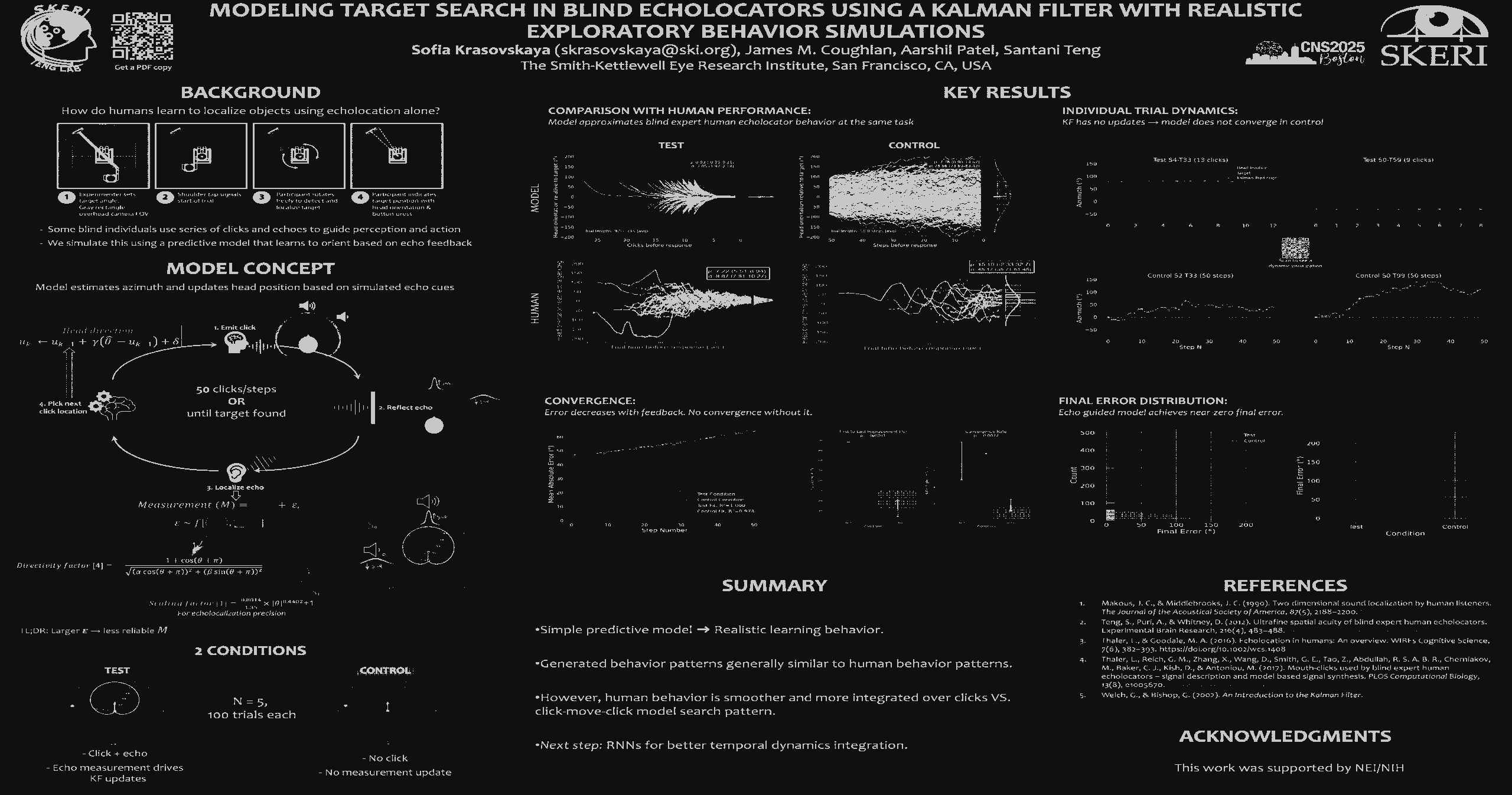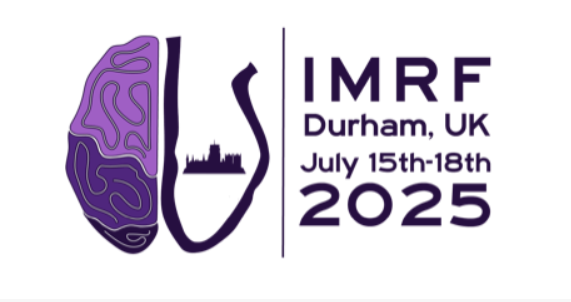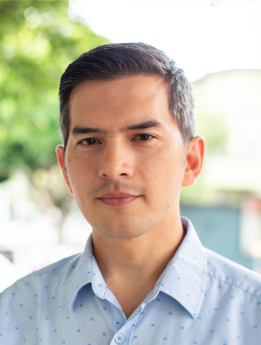
Associate Scientist
Ph.D., Psychology, University of California, Berkeley
M.A., Psychology University of California, Davis
B.A., Psychology, University of California, Davis
Participate in our studies! Visit Teng Lab Experiment Participation for details.
Hello! I’m an Associate Scientist at Smith-Kettlewell, where I investigate auditory spatial perception, haptics, echolocation, and assisted mobility in sighted and blind persons. Previously, I completed my Ph.D. at UC Berkeley and postdoctoral work at MIT, where I remain affiliated.
(H/h)
Links:
Older site with more detailPublications
Projects
- InactiveTeng Lab Experiment ParticipationAvailable experiments in the Cognition, Action, and Neural Dynamics Lab. Portal to signup form
- InactiveOptimizing Echoacoustics: An online perceptual study (Under construction)An online study of echoacoustic perception
- Hearing the World: A Remote Study of Auditory PerceptionWe aim to investigate the nature of auditory perception and how the brain learns rules for interpreting sounds.
- Haptic Kinematics of Two-Handed Braille Reading in Blind AdultsThis page (currently under construction) accompanies a work-in-progress poster at the 2020 Eurohaptics meeting.
- ActiveReverberant Auditory Scene AnalysisThe world is rich in sounds and their echoes from reflecting surfaces, making acoustic reverberation a ubiquitous part of everyday life. We usually think of reverberation as a nuisance to...
- InactiveThe Kinematics of Braille Reading[Under construction] When blind persons read braille, a system of raised dots for tactile reading and writing, how is the information processed? How do a few indentations on the fingerpads...
- Human EcholocationWhat is echolocation? Sometimes, the surrounding world is too dark and silent for typical vision and hearing. This is true in deep caves, for example, or in murky water where...
Labs
Centers
- Rehabilitation Engineering Research CenterThe Center's research goal is to develop and apply new scientific knowledge and practical, cost-effective devices to better understand and address the real-world problems of blind, visually impaired, and deaf-blind...

